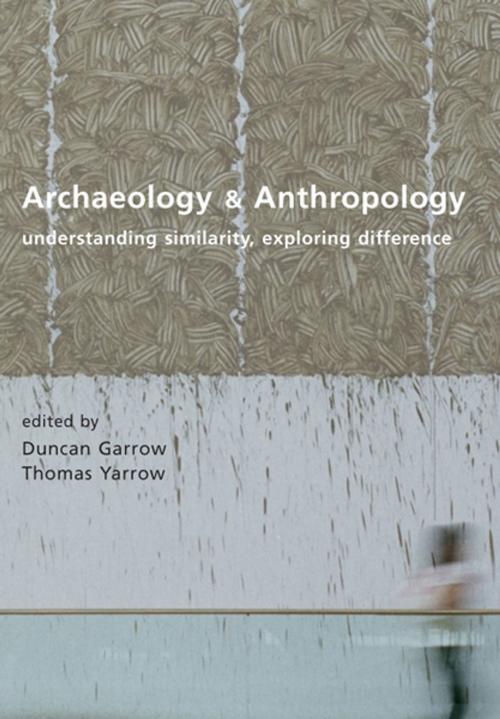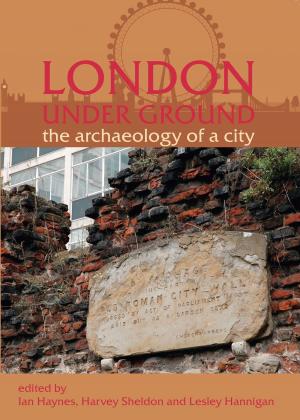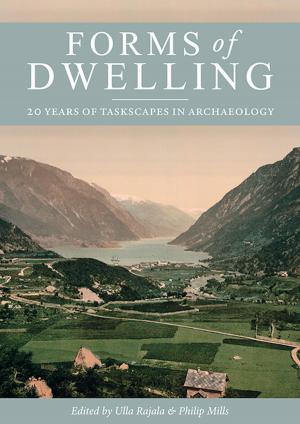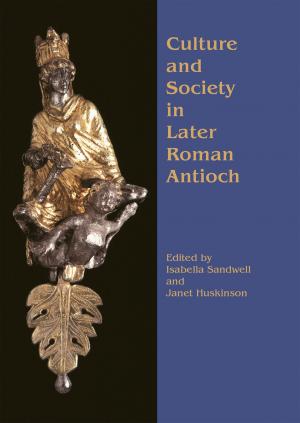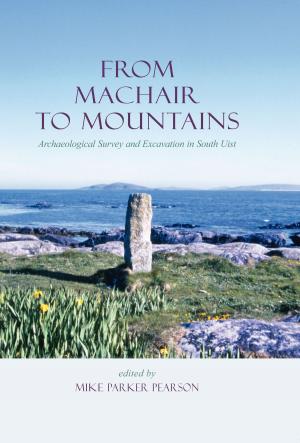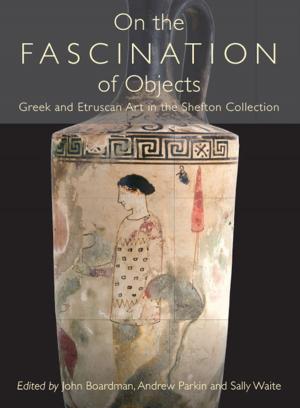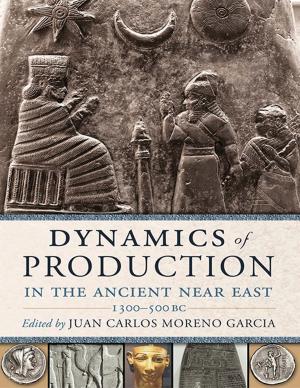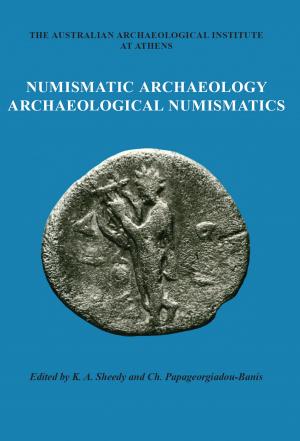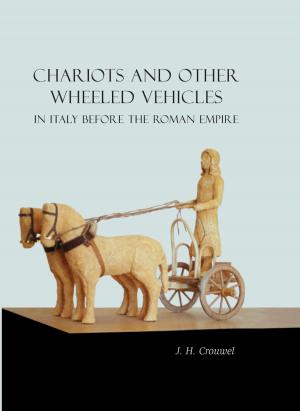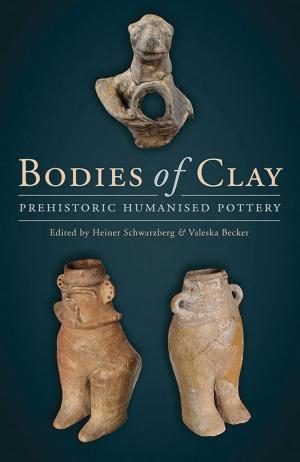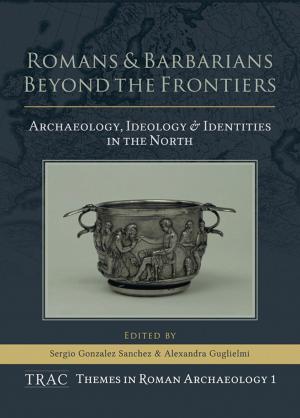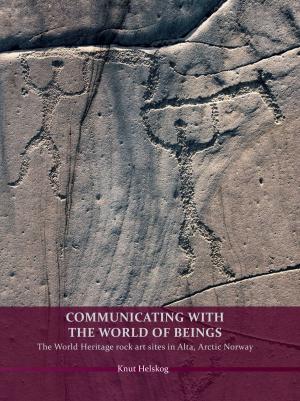Archaeology and Anthropology
Understanding Similarity, Exploring Difference
Nonfiction, Social & Cultural Studies, Social Science, Archaeology, Anthropology, History| Author: | Duncan Garrow, Thomas Yarrow | ISBN: | 9781842178072 |
| Publisher: | Oxbow Books | Publication: | April 10, 2010 |
| Imprint: | Oxbow Books | Language: | English |
| Author: | Duncan Garrow, Thomas Yarrow |
| ISBN: | 9781842178072 |
| Publisher: | Oxbow Books |
| Publication: | April 10, 2010 |
| Imprint: | Oxbow Books |
| Language: | English |
This book focuses on the relationship between the disciplines of archaeology and anthropology. Both disciplines arose from a common project: a desire to understand human social and cultural diversity. However, in recent years, archaeologys interest in anthropology has remained largely unreciprocated. To date, the causes and consequences of this imbalance have received little attention, particularly within anthropology. Including papers by eminent thinkers within both disciplines, this book sheds new light on issues of disciplinary identity. The contributors show how a lack of collaboration has resulted in a narrowing of horizons within both disciplines and explore the grounds upon which these might be opened up. The papers draw on a range of theoretical perspectives and empirical case-studies, but are unified in their concern to explore the ideological, practical and methodological commitments that mark each discipline as distinct. Ultimately, the volume arrives at the startling conclusion that archaeologys apparent absence of data may actually be a positive attribute, leading to a distinctive approach from which anthropology can learn.
This book focuses on the relationship between the disciplines of archaeology and anthropology. Both disciplines arose from a common project: a desire to understand human social and cultural diversity. However, in recent years, archaeologys interest in anthropology has remained largely unreciprocated. To date, the causes and consequences of this imbalance have received little attention, particularly within anthropology. Including papers by eminent thinkers within both disciplines, this book sheds new light on issues of disciplinary identity. The contributors show how a lack of collaboration has resulted in a narrowing of horizons within both disciplines and explore the grounds upon which these might be opened up. The papers draw on a range of theoretical perspectives and empirical case-studies, but are unified in their concern to explore the ideological, practical and methodological commitments that mark each discipline as distinct. Ultimately, the volume arrives at the startling conclusion that archaeologys apparent absence of data may actually be a positive attribute, leading to a distinctive approach from which anthropology can learn.
